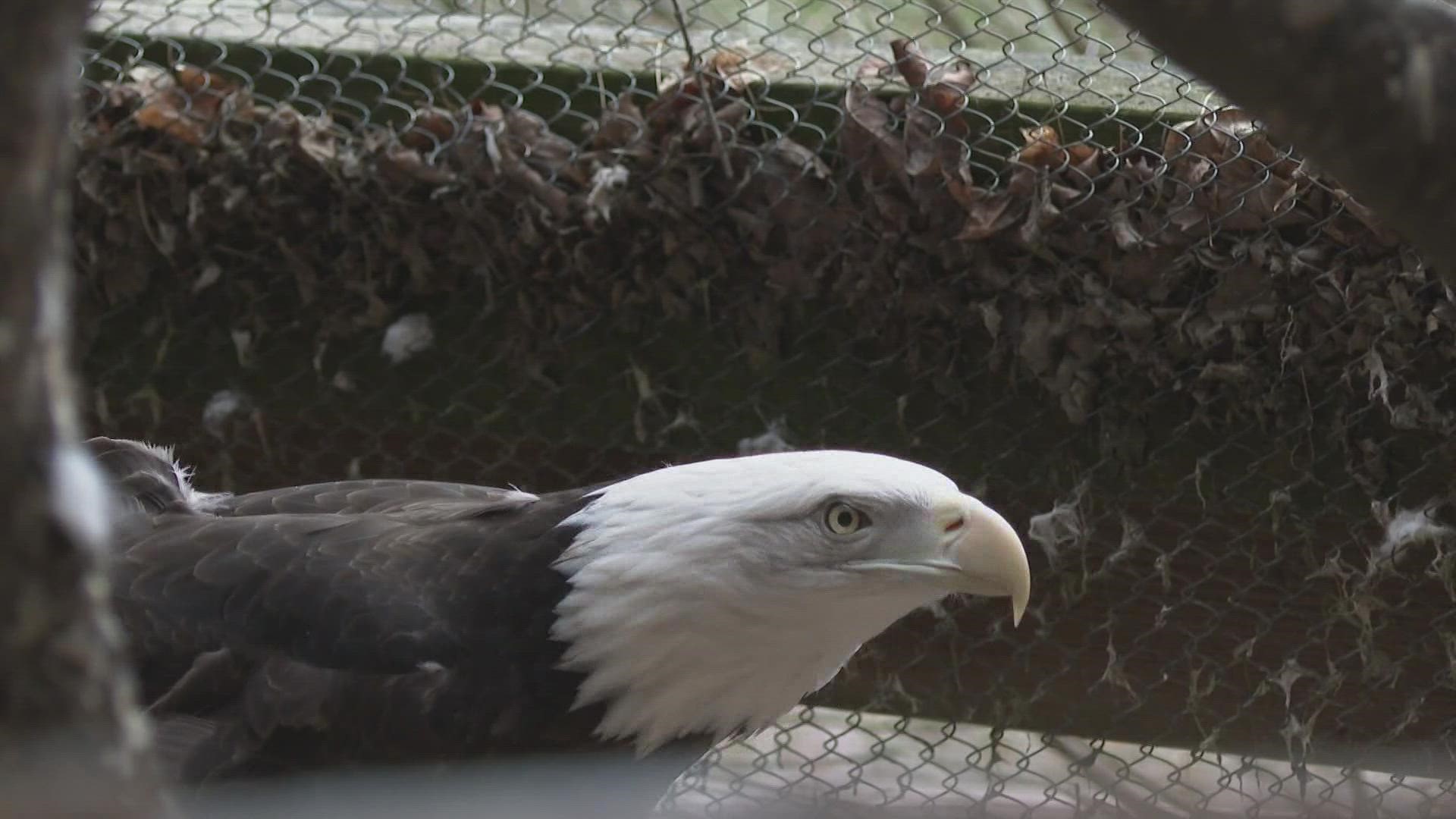AUGUSTA, Maine — The highly pathogenic avian flu (HPAI) still has a quiet footing in Maine.
On Friday, the Maine Department of Agriculture, Conservation, and Forestry posted a bulletin writing, "Vigilance is still needed as HPAI continues to be detected in Maine."
The U.S. Department of Agriculture recorded four cases of the flu, known as H5N1, in mallards in Penobscot County on Sept. 28. Altogether, 41 cases have been discovered in Maine since February, including seagulls, ducks, geese, and two bald eagles.
Danielle D’Auria, a waterbird specialist with the Maine Department of Inland Fisheries & Wildlife, is monitoring this fall migration season.
"There’s really no borders when it comes to wild bird populations, right," D'Auria posed. "So, the birds that we have here could be coming from somewhere further north; they could be going further south."
Scores of birds are heading south from Maine for the winter, while others from Canada take their place— many landing in our backyards. Will we have more or fewer flu carriers with these new visitors? D'Auria can't yet know.
"It doesn’t necessarily change how we’re gonna see things on the landscape," she added. "It’s different birds moving through. We don’t know if there’s going to be an increase this winter, but all biologists that I know are prepared in case that does happen."
With hunters scouring the woods for birds this fall, D'Auria said common sense and normal, good hygiene goes a long way. She recommends hunters to not harvest visibly sick or lame animals, to use gloves on hands when processing game, and to put unused pieces of the animals into two trash bags.
In addition to wild bird cases, 913 birds on small farms across six counties have been euthanized in 2022 after a positive test in the flock.
Doug Hitchcox, a naturalist with Maine Audubon, said the only people who should be seriously concerned right now are those who have those farms, while the birds that visit your backyard feeder tend to avoid the virus.
"The chickadees, Blue Jays, it’s very rare for avian flu to be picked up by those species because they tend not to be in such large numbers," he said.
While backyard feeder birds rarely contract avian flu, Hitchcox encourages Mainers to clean their feeders this fall to protect against not only bird flu, but other diseases those birds can much more easily catch and spread.
The bird experts hope for healthy Canadian visitors, and that they’re not too social.

